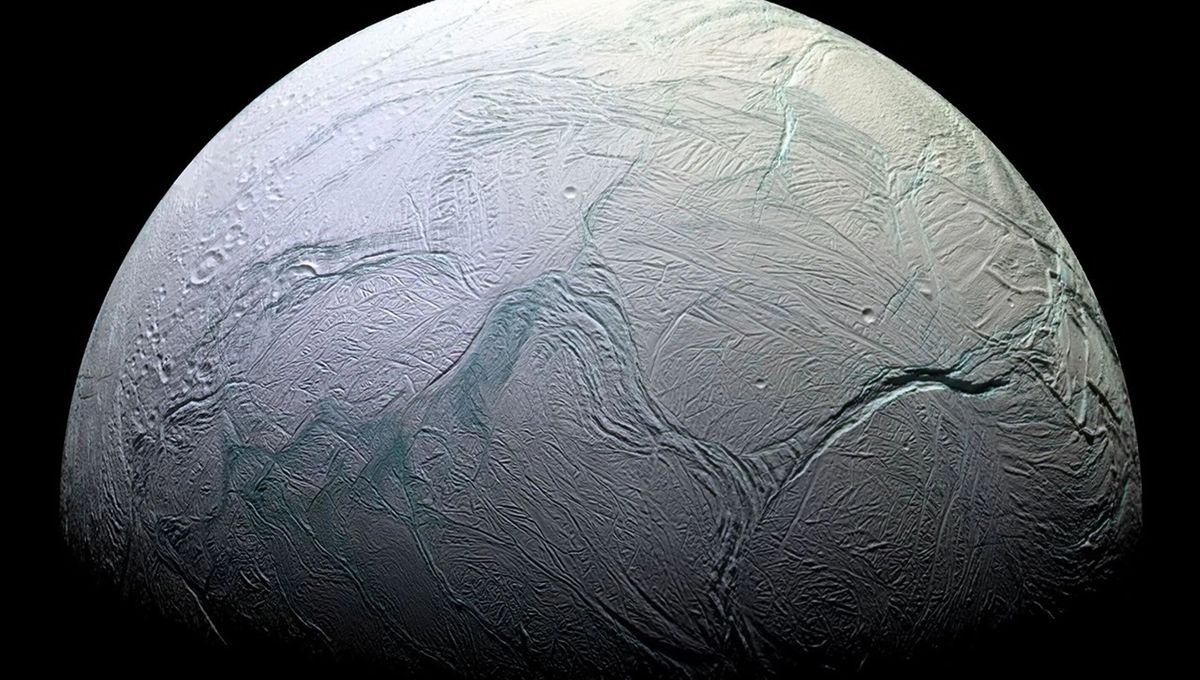
The icy moons of the Solar System, like Europa around Jupiter and Enceladus around Saturn, are the most likely candidates in the Solar System for life beyond Earth. They have deep oceans, and in the case of Enceladus, we know there are crucial elements for life and chemical activity in that ocean. A new paper asks us to consider a bold proposal and think about inoculating Enceladus with microbes.
The idea is as follows. Let’s assume that we send missions to Saturn and we find that there is no life in the ocean of Enceladus. There is a scientific case for bringing life there to study and understand how life proliferates on a lifeless but habitable world. This could tell us how life spread across our own world during the earliest epochs of our planet.
“This situation would exist on any young planet just after an origin of life, but prior to the establishment of a planetary-scale biota, an example being Hadean or early Archean Earth,” the researchers wrote in the paper.
“Knowledge gained from the inoculation of icy moon oceans would especially apply to the radiation of life in early oceans, as might have been the case if life on Earth had begun in a deep ocean hydrothermal vent.”
Beyond understanding life on Earth, this might teach how to settle new worlds, and an inhabited Enceladus might become a source of material for the exploration of the outer Solar System. The paper even goes further, suggesting that we could get it done with current technology. While terraforming Mars is beyond our means, there are ways to spread life to certain barren worlds that are possible for humanity.
Just because one could do something doesn’t mean that one should. The authors do not shy away from the fact that every aspect of such an enterprise would have to face profound ethical questions. If life is found on Enceladus, it will be revolutionary, and we would actually worry about preserving it as much as possible. But if experiments found no evidence for life, how sure would we have to be before running such an experiment? That is not all – do we have the right to alter an entire biosphere for a period or for good?
“What we describe here might apply to other ocean worlds such as Europa, the subsurface ocean of Titan, Ceres, and indeed any planetary body that is eventually found to have habitable environments devoid of life. A discussion about this potential biological frontier and the ethical questions it raises is timely,” the authors concluded.
Our exploration of the cosmos has great potential for understanding life on Earth, but it is clear that we need to think about what we do and how we do it.
The study is published in the journal Space Policy.
Source Link: Scientists Propose Deliberately Infecting Another World With Life To See What Happens